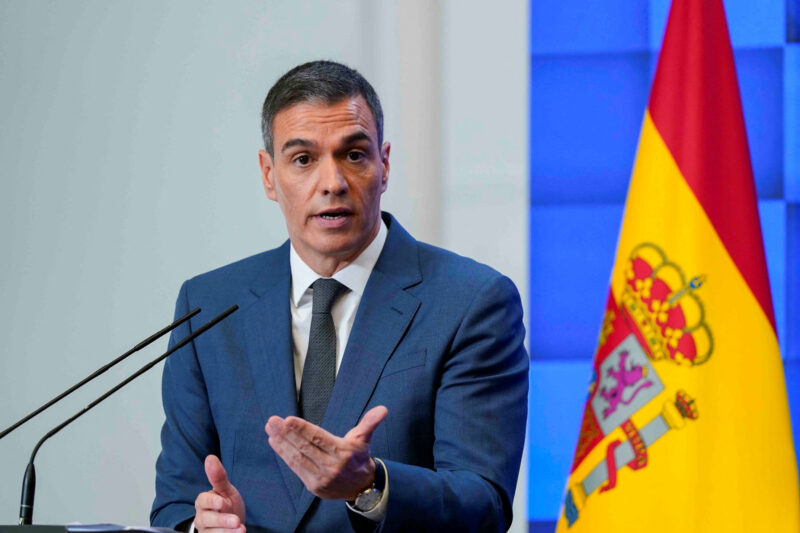Spain’s left-wing government has unveiled a bill aimed at tackling the so-called spread of ‘disinformation’ by requiring digital platforms and social media influencers to publish corrections for false or misleading information.
The measure comes as concerns over fake news have escalated with the rise of social media, which has given individuals and groups unprecedented reach.
The new draft law updates legislation from 1984 and targets internet users with substantial followings—those with over 100,000 followers on a single platform or 200,000 across multiple platforms. These influencers and the platforms hosting their content must implement a system that allows individuals to request public corrections for inaccurate information that harms them, according to the justice ministry.
Félix Bolaños, Spain’s justice minister, explained that individuals will no longer need to address correction requests to the outlet’s director, as verifying the identity of many “pseudo media” sources can be difficult.
“We’re making life more difficult for those who dedicate themselves to lies and spreading fake news every day, and, therefore, it is good news for democracy,” Bolaños stated during a press conference.
The government has repeatedly criticized online platforms for disseminating politically charged “filth,” particularly content targeting Socialist Prime Minister Pedro Sánchez and his family.
Addressing disinformation is a key component of the government’s broader plan for “democratic renewal,” which was launched earlier this year. This initiative followed an investigation into Sánchez’s wife, Begoña Gómez, regarding allegations of corruption and influence peddling.
The bill will undergo a consultation phase before being presented to parliament for approval.




